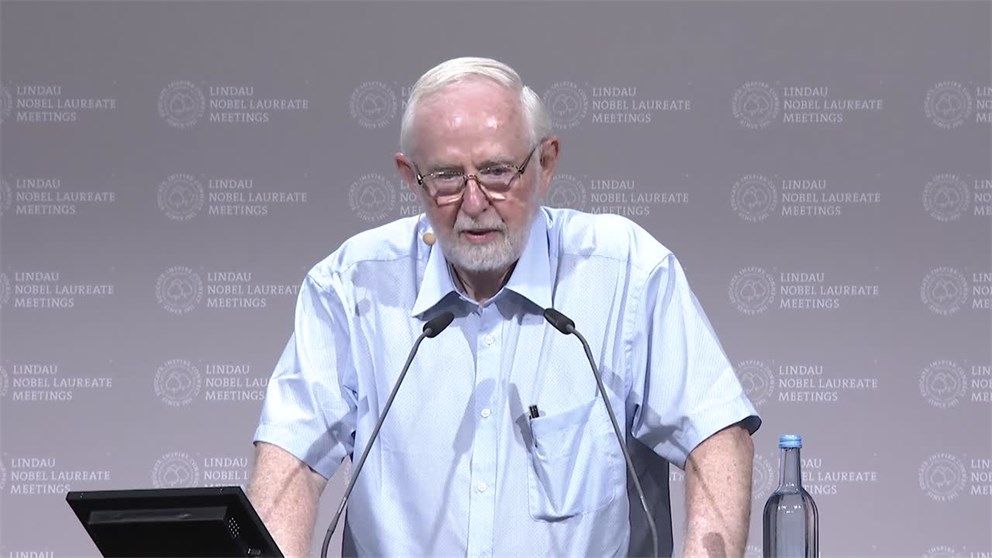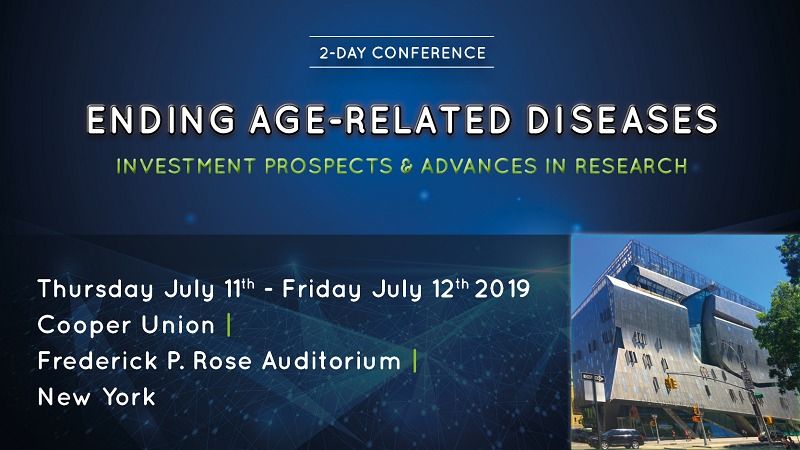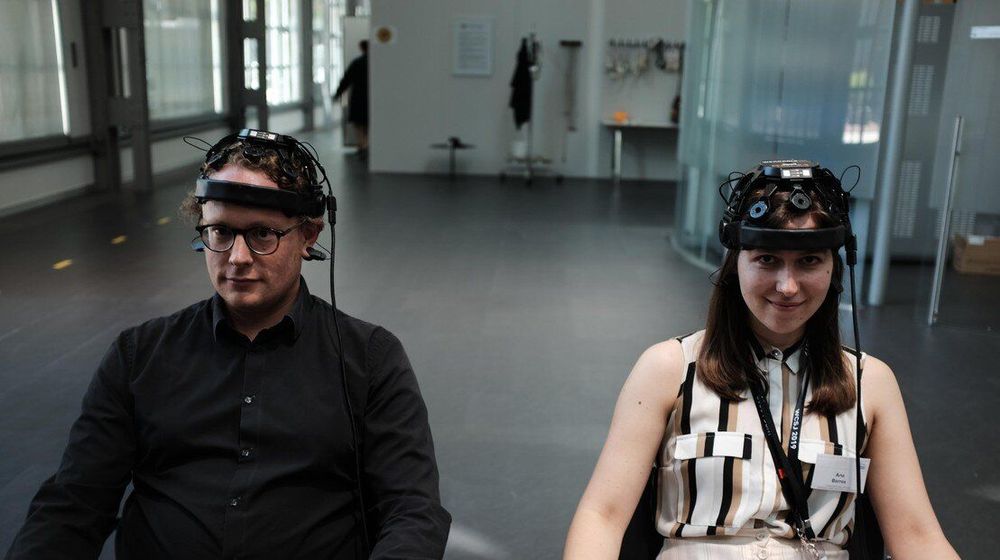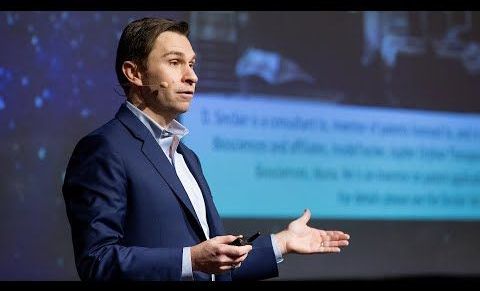Jul 8, 2019
These Odd ‘Quasiparticles’ Could Finally Unmask Dark Matter
Posted by Quinn Sena in categories: cosmology, particle physics
About 80% of all the matter in the cosmos is of a form completely unknown to current physics. We call it dark matter, because as best we can tell it’s…dark. Experiments around the world are attempting to capture a stray dark matter particle in hopes of understanding it, but so far they have turned up empty.
Recently, a team of theorists has proposed a new way to hunt for dark matter using weird “particles” called magnons, a name I did not just make up. These tiny ripples could lure even a fleeting, lightweight dark matter particle out of hiding, those theorists say. [The 11 Biggest Unanswered Questions About Dark Matter]
We know all sorts of things about dark matter, with the notable exception of what it is.

















